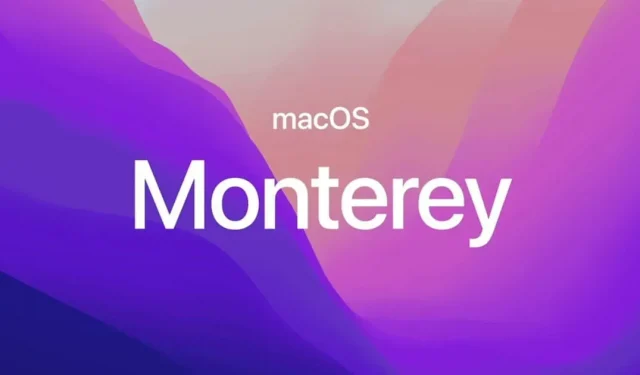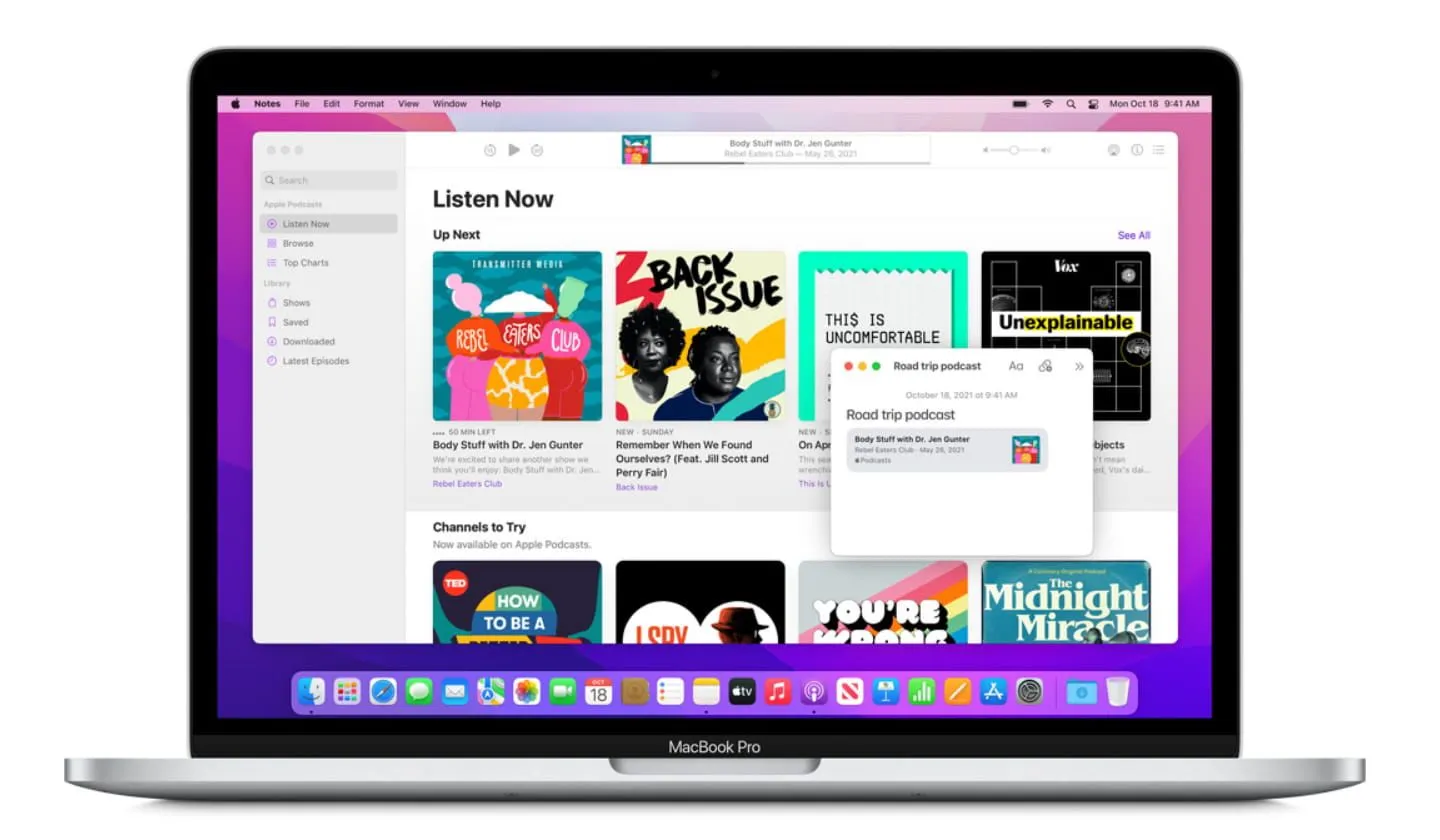MacOS Monterey Coming to MacBook Pro, MacBook Air and iMac Starting October 25: Features, Eligible Devices

The new MacBook Pro models were unveiled at an Apple event today . While the latest models, powered by the Apple M1 Pro and M1 Max chips , are bringing back some ports by adding a high refresh rate display, Apple is planning the next major release of macOS. Apple has announced that macOS Monterey will be released as an update starting Monday, October 25th. This new major macOS update will be available free of charge in the App Store for qualifying MacBook or iMac users. macOS Monterey offers many new features and improvements.
macOS Monterey Features
macOS Monterey FaceTime is getting some new features. It comes with Safari 12, which is still available to many, but with a new design and the ability to create tab groups. SharePlay is another notable feature, but it won’t be available to everyone just yet. However, users will now be able to share your screen. macOS Monterey also features an iPhone-inspired portrait mode, so professionals can be sure they’ll be focused on them when they’re chatting.
macOS Monterey probably took inspiration from Windows, and now there are new focus modes – now users can create a work mode, a game mode, or something else. The best part about this is that it syncs across devices, so whenever a user changes the mode on one Apple device, it changes it on all other Apple devices they own.

MacBook Pro running macOS Monterey
Using a Mac, users can invite friends and family to a FaceTime call using a simple web link to share via social media and instant messaging apps. Now users can also send music or videos from their phones to the Mac display. Many native apps like Notes, Messages, and Maps are getting some updates, some small and some big.
There are many other changes in macOS Monterey. Many new features are being added, although visually there are overhauls for specific apps and Safari.
Suitable Devices
If you have one or more of the following devices, you can get macOS Monterey.
- iMac – Late 2015 and up
- iMac Pro- 2017 and up
- Mac Pro – Late 2013 and up
- Mac Mini – Late 2014 and up
- MacBook Pro – Early 2015 and up
- MacBook Air – Early 2015 and up
- MacBook – Early 2016 and up
However, Apple won’t force you to upgrade, and you can wait a while to find out more and see the reactions of those who get it first.
Leave a Reply